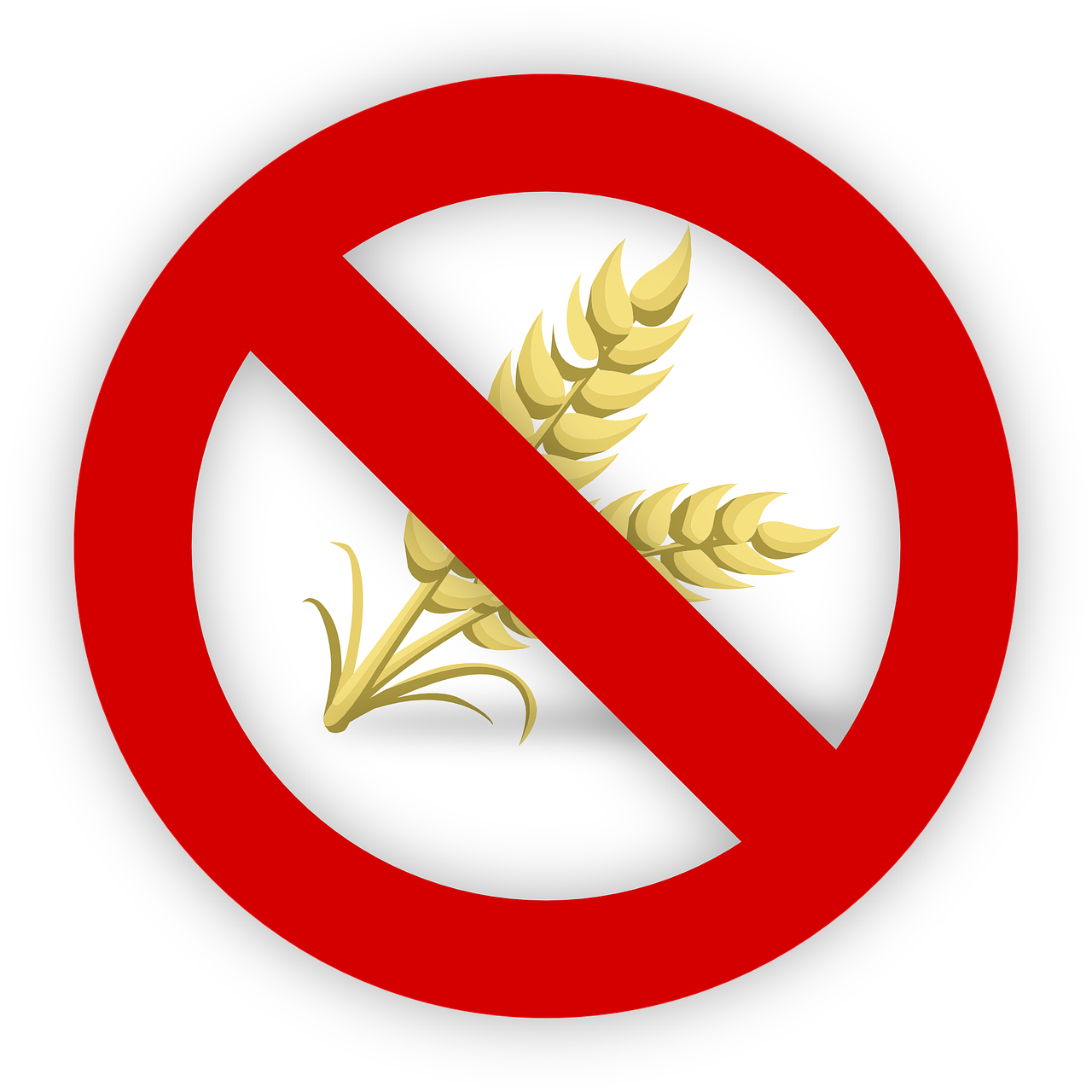
This is the seventh post in a series on some of the physiological (non-psychological) causes of depression and/or anxiety.
The first thing to note about food intolerances is that they are not the same as food allergies. Food allergies are typically an immediate immune response to a particular food (common culprits include eggs, fish, cow's milk and peanuts) and can be life threatening. Food intolerances are much more insidious and often cause delayed symptoms (often days after eating the offending food). Food intolerances can be due to faults in the enzymes that help break down our food, gut bacteria imbalances and poor gut function to name a few.
Food intolerances can affect almost any system in the body and symptoms include diarrhoea, constipation, abdominal bloating, gas, indigestion, urinary irritation, rashes (including eczema), tinnitus (ringing in the ear), blocked nose, chronic sinus and ear infections, joint pain, headaches (including migraines), heart palpitations, anaemia, inability to loose or gain weight, foggy thinking, irritability, fatigue, anxiety, depression.
Food intolerances affect mood in several different ways and below are three examples:
Gluten intolerance (including Coeliac disease and Non-coeliac gluten sensitivity) sets up a chronic inflammatory environment in the gut and the brain. Chronic inflammation in the gut causes intestinal damage which results in poor absorption of nutrients required for the synthesis of neurotransmitters involved in mood regulation and can make our guts 'leaky'. A 'leaky' gut allows some undigested proteins to enter the blood stream, which, in turn induce further inflammation in different body systems including the brain. Additionally, research has shown that chronic gut inflammation switches on certain biochemical pathways that divert the amino acid tryptophan away from being used for serotonin production. This can result in symptoms of depression and poor mood regulation. Several studies show a significant improvement in mood symptoms after following a gluten-free diet. Gluten is found in wheat, barley, rye, spelt, some oats, soy sauce, beer, ice cream, lollies, deli meats and packaged foods.
Fructose intolerance is another common food intolerance that can affect 30% of the population and has been associated with the onset of depression. While the mechanism is not fully known, it is believed to be due to how fructose malabsorption affects tryptophan metabolism and availability for serotonin production. Fructose is a sugar found in fruits, honey, some vegetables and processed food.
Lastly, there is histamine intolerance. Histamine is found in a number of foods that include wine, aged cheese, fermented vegetables, citrus fruits, bacon, left over meat, some seafood and artificial colours and preservatives. Histamine intolerance is generally caused by deficiencies or malfunction in the enzymes that break histamine down. In addition, histamine can also be produced by an overgrowth of certain types of bacteria that produce histamine from undigested food. Histamine, among its many functions, is a neurotransmitter and when in excess is associated with hyperactivity, depression and anxiety.
Aside from certain blood tests, a good way to determine if food intolerances are a factor in symptoms of depression and anxiety, is to keep a food and symptom diary where, food that is consumed daily is recorded along with any symptoms pertaining to mood. If you notice a particular pattern with certain foods and poor mood, it may be worth further investigation and consultation with a naturopath or nutritionist to devise an elimination and provocation diet that is nutrient dense and suitable for you. In addition, a naturopath or nutritionist can assist you in addressing gut bacteria imbalances, reducing underlying inflammation and correcting digestive function.
If you suspect you have a food intolerance and suffer from depression or anxiety, and would like an individual naturopathic consultation, please contact me to schedule your appointment.
Stay tuned for my next post in this series, on the link between prescription and over-the-counter medication with depression and anxiety.
Yours in Health,
Micaela
References
Jackson, J.R., Eaton, W.W., Cascella, N.G., Fasano, A. and Kelly, D.L., 2012. Neurologic and psychiatric manifestations of celiac disease and gluten sensitivity. Psychiatric Quarterly, 83(1), pp. 91-102.
Ledochowski, M., Widner, B., Bair, H., Probst, T. and Fuchs, D., 2000. Fructose-and sorbitol-reduced diet improves mood and gastrointestinal disturbances in fructose malabsorbers. Scandinavian Journal of Gastroenterology, 35(10), pp. 1048-1052.
Maintz, L. and Novak, N., 2007. Histamine and histamine intolerance. The American Journal of Clinical Nutrition, 85(5), pp. 1185-1196.
Ross, J. 2002, The Mood Cure, Thorsons, London.